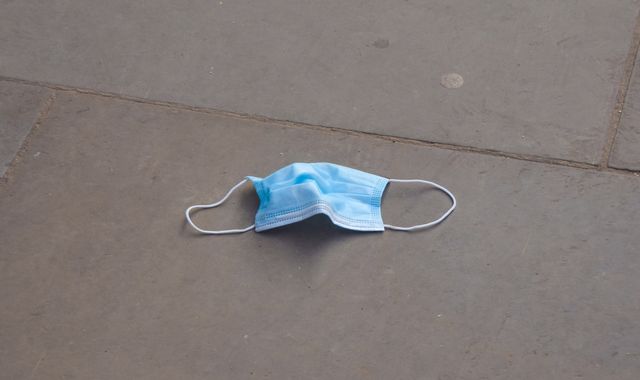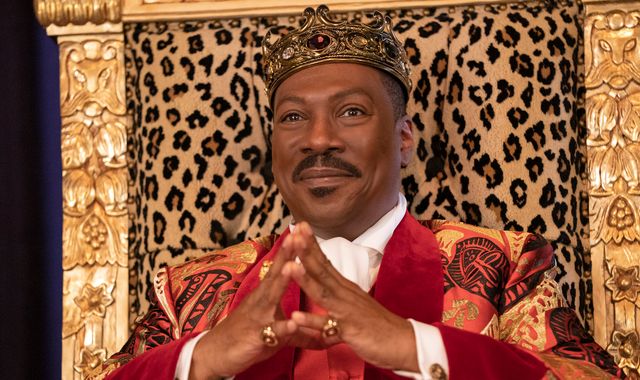COVID-19: One in seven people now have coronavirus antibodies as vaccine rollout continues
Written by News on 25/02/2021
One person in seven has antibodies against COVID-19, with the vaccine starting to add to the population’s immunity, according to new research.

Blood tests on more than 154,000 people across England showed that between 26 January and 8 February, just past the peak of the second wave, 13.9% of the population had antibodies for the coronavirus.
Researchers at Imperial College London, who have monitored COVID-19 antibody levels in the population over several months, captured for the first time the impact of vaccination.
Live COVID updates from the UK and around the world
Over 17,000 of those randomly asked to take part had received at least one dose of vaccine.
Results from The REACT study show 88% of people over the age of 80 tested positive for antibodies after two doses of the Pfizer-BioNTech vaccine, rising to 96% of those under the age of 60 and 100% in those aged under 30.
Older people take longer to develop an immune response, and it tends to be weaker than the young.
Prof Helen Ward, the lead researcher, said: “Most people develop a detectable antibody response after one dose. Our findings suggest that it is very important for people to take up the second dose when it is offered.”
The study shows vaccine confidence is generally high, with 92% of participants having accepted or planning to accept the vaccine. However, just 72.5% of people with black ethnicity said they would have the jab.
Younger people were also less likely to have the vaccine, with 83% of 18-29 year olds planning to accept an offer of immunisation.
Health Secretary Matt Hancock said: “I urge anyone who has been invited for a vaccine to book an appointment. And while we are seeing rates of the virus gradually decline it is important we all hold our resolve and follow the rules as we deliver on our cautious but irreversible approach to easing lockdown.”
The REACT survey gives a snapshot of how many people have had the infection or vaccination.
Elsewhere, the first big peer-reviewed real-world study of the Pfizer vaccine has confirmed it is very effective at preventing serious illness or death – even after one dose.
Results from a mass vaccination campaign in Israel showed the jab is roughly as effective in the real world as it was in smaller-scale clinical trials.
After one shot, the vaccine was 62% effective at preventing severe disease – rising to 92% after two doses – according to data published in the New England Journal of Medicine.
Its estimated effectiveness for preventing death was 72% two to three weeks after the first shot, which could rise as immunity builds over time.
The Pfizer/BioNTech vaccine appeared just as effective in those over 70 as in younger people.
More than half a million people were involved in the peer-reviewed study as Israel has stormed ahead with one of the world’s fastest vaccine rollouts, providing a rich source of data on how well they work outside of trials.
Participants who were given shots in December or January were compared with an equal number of people with similar demographic profiles who did not receive the vaccine.
(c) Sky News 2021: COVID-19: One in seven people now have coronavirus antibodies as vaccine rollout continues







